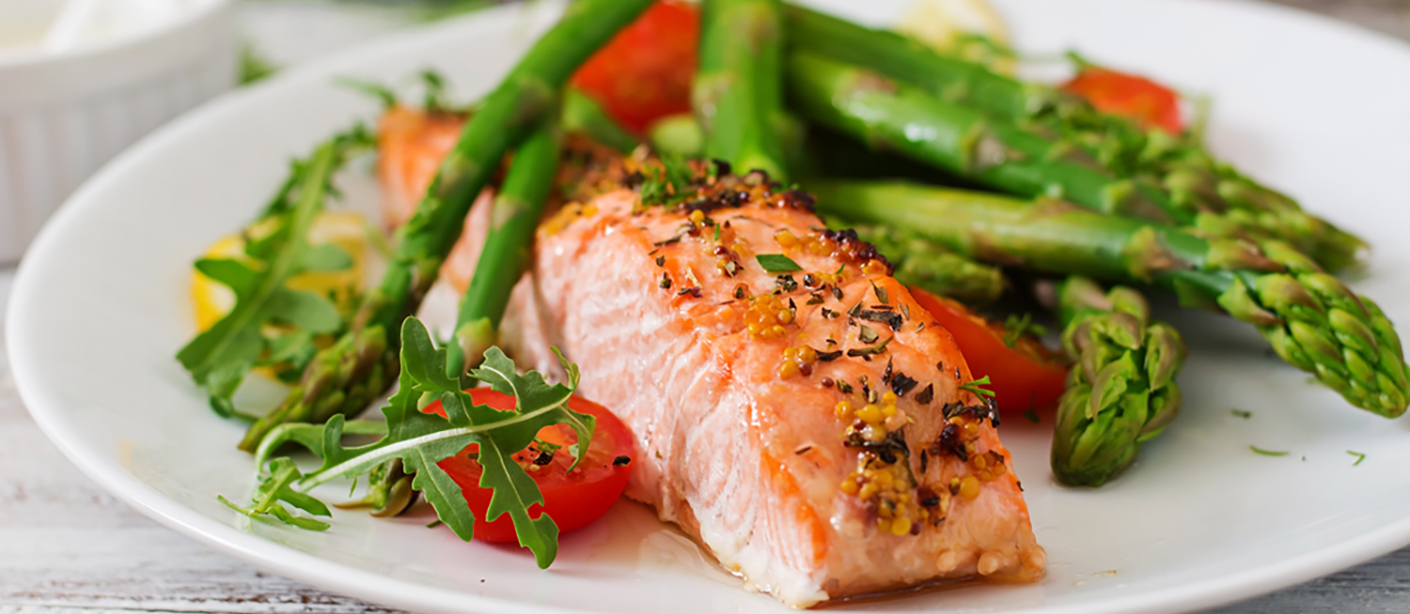What Is the Immune Response?
The immune response is the body's ability to spot and defend against antigens. Think of antigens as outside invaders that can make you ill, such as bacteria, and viruses. Because this is such a big job, your immune system consists of two different parts.
The first, known as the innate immune system is what you are born with.It is charged with fighting antigens as soon as they make their way into your body. Its counterpart, the acquired immune system, remembers those intruders and shuts them down the next time they infiltrate your body.
The acquired immune system does this through the production of antibodies by B lymphocytes. Once B lymphocytes capture familiar antigens, immune cells quickly step in to counteract them.
How Does the Immune System Function?
While some of our body's systems are associated with a single organ or tissue, like the cardiovascular system with the heart and the skeletal system with the bones, the immune system is unique. The immune response is so multifaceted that it requires the help of many different kinds of cells, tissues and organs throughout the body.
Most immunity starts in the gut, where 70% of the immune system is housed. The nourishment we receive as babies is essential to developing our immune system into adulthood. This comes from getting a variety of immune-supporting components from breast milk, like human milk oligosaccharides, nucleotides, anti-microbial, and anti-inflammatory factors.
Nothing can replace breast milk, but for moms who cannot or choose not to breastfeed, or those who need to supplement, an infant formula with 2'-FL HMO like Similac helps support a baby’s developing immune system.
This is how the body plays a role in supporting the immune system:
- The skin serves as a protective barrier
- The nose produces mucus which can help trap bacteria.
- The lungs help you cough to help expel bacteria.
- The lymph nodes help filter out foreign invaders.
- The stomach generates acid to help combat pathogens in food.
- The bones make marrow to produce immune cells.
What key nutrients will help support the immune system?
Even with a well-developed immune system, there are still steps you can take to help keep it strong. Hydration is critical to maintaining mucus membranes, which aid in the trapping of bacteria and viruses and assists with their release via coughing and sneezing.
Consuming a variety of essential nutrients helps promote good health and supports the immune system. But eating for immune health doesn't have to be complicated. These nutrients are found in a wide variety of immune-supporting foods, which you can even mix and match for delicious, nutritious meals. Some of these immune supporting nutrients include:
- Vitamin D helps to activate immune cells and properly regulate their function and is critical for innate immunity. Salmon is one of the best natural sources of this nutrient. Other top vitamin D sources include fatty fish, like rainbow trout and tuna, fortified milk and fortified orange juice.
- Vitamin E keeps cell membranes healthy so they can help protect against foreign substances. Almonds are rich in vitamin E, containing around 7 milligrams per serving. Other top vitamin E sources include sunflower seeds, safflower oil, hazelnuts and peanuts.
- Vitamin A is a key nutrient for keeping our skin and the linings of our respiratory and digestive tracts healthy and in production of immune regulating factors like cytokines. Sweet potatoes are a top source of vitamin A. Other top vitamin A sources include spinach, carrots, cantaloupe and fortified milk.
- Zinc is crucial for both innate and adaptive immunity and helps with wound healing. Lean beef is chock-full of zinc. Other top sources of zinc include oysters, crab, pork and baked beans.
- Protein is an important building block for antibodies and immune cells and supports wound healing. Sources of protein include chicken breast, beef, pork, seafood, beans and legumes, eggs and low-fat dairy products, like milk, cheese and yogurt.
- Vitamin C builds healthy skin and tissue to resist entry of bacteria and other germs. Red bell peppers are packed with this nutrient. Other vitamin C sources include oranges, grapefruit, kiwis and broccoli.
Eating a balanced diet can provide your body with immune-supporting nutrients. But sometimes it can be challenging to get all the nutrients you need from food alone. Including a nutrition shake like Ensure® or Glucerna® can help you fill nutrient gaps in your eating plan. These nutrition shakes help provide key nutrients to support the immune system.
However, you'll want to sit down with your doctor before making any major shifts to your diet. They can provide guidance on the best ways to meet your individualized nutritional needs, including how to support your immune system through good nutrition.




Social Share